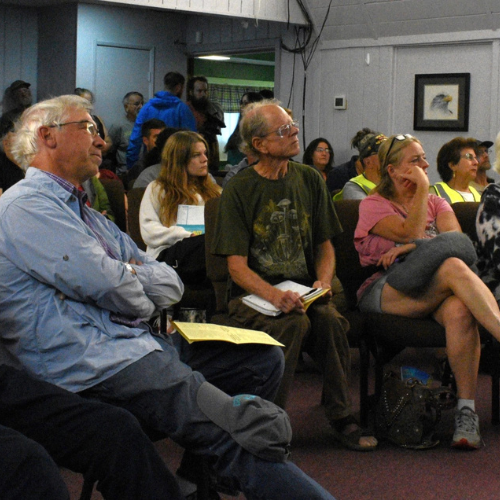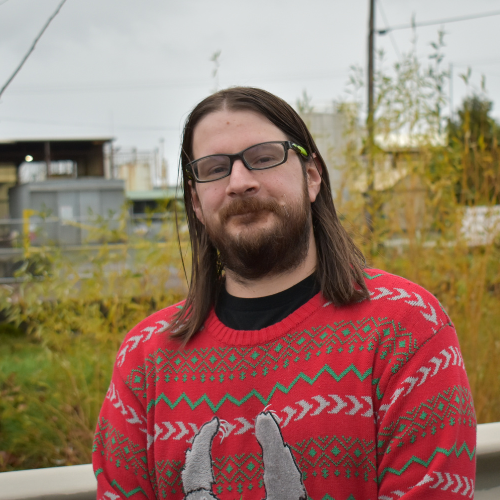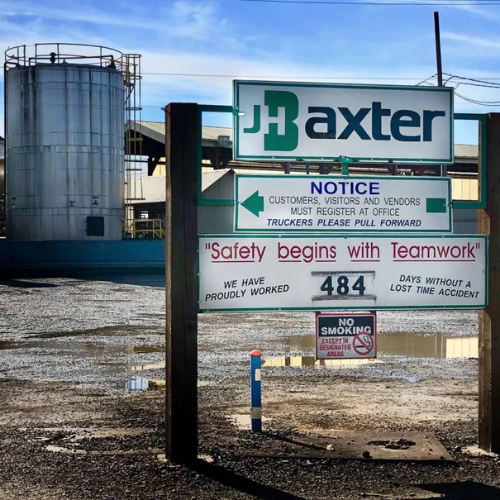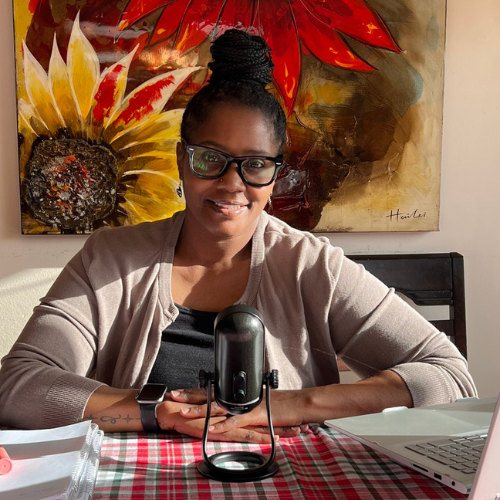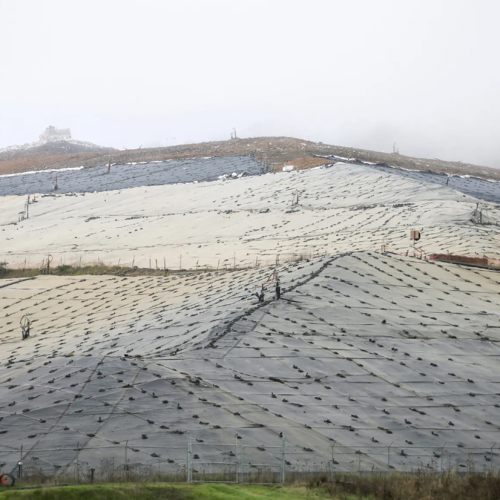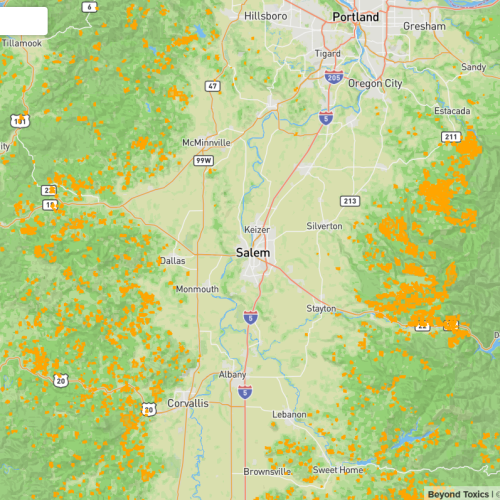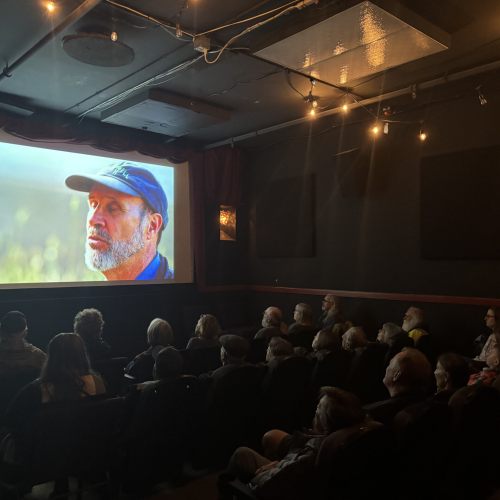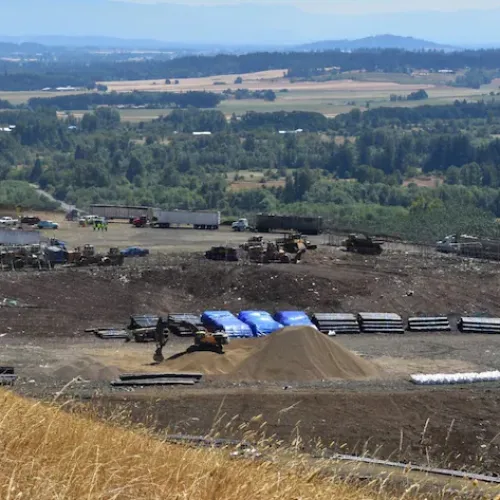Our Mission
Beyond Toxics provides leadership to build a community-driven environmental justice movement for a thriving and just Oregon. As we look forward, Beyond Toxics envisions a future where we all have equitable access to healthy communities and a thriving environment.
Our Work in Action
Beyond Toxics In The News
Who We Are
Beyond Toxics uplifts voices from Oregon communities disproportionately impacted by pollution and climate change. We are a statewide nonprofit founded in 2001 and are located in Eugene, Oregon.
Our Impact
We collaborate with other nonprofits, educators, and tribal organizations to build a movement to demand that state and local policies require fair, inclusive, and equitable access to clean air, clean water, and safe spaces for all to live and work in. Through grassroots organizing, policy advocacy and education, we support youth and diverse communities to become impactful environmental justice leaders across the state of Oregon.
Our History
In the late 1990's, Beyond Toxics' original founders, including Mary O'Brien, Anita Johnson, Michael Carrigan and Steve Johnson successfully passed the model Community Toxics Right to Know law in the city of Eugene. This required polluters to report their emissions to the Fire Marshall for posting on a public website. The local fight to pass a Community Toxics Right to Know law inspired Oregon's environmental leaders to form an organization dedicated to toxics use reduction and environmental justice. Beyond Toxics, originally Oregon Toxics Alliance, was founded in 2000.

